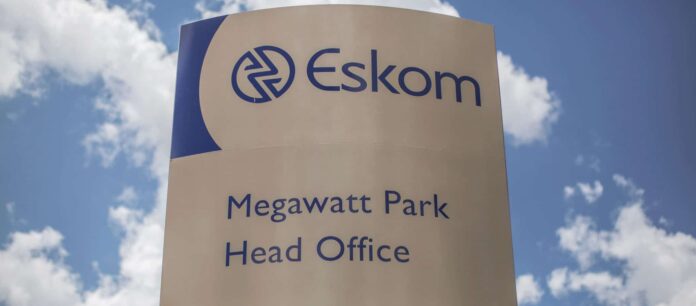Finance Minister Enoch Godongwana says the debt of major state-owned companies is expected to peak at R26.2-billion in 2027/28.
He explained that these companies’ ability to generate income directly affects their capacity to repay maturing debt. As a result, most will have to refinance existing debt. And this will increase borrowing costs and make it harder to fund new investments.
Godongwana said Eskom’s debt-relief programme has been extended to 2028/29, with the total amount reduced from R254-billion to R230-billion. The relief fund aims to strengthen the power utility’s balance sheet, improve maintenance, and support investment restructuring.
Fiscal reforms
“Legislation introduced in September 2025 provides for these measures. The fiscal risk associated with Eskom has eased. Although continued implementation of operational and financial reforms is critical to sustain progress and ensure lasting stability,” said Godongwana.
He warned that the financial position of the Road Accident Fund (RAF) is expected to worsen over the next three years. RAF liabilities are projected to rise from R369.7-billion in 2024/25 to R422.6-billion in 2027/28.
“Over the same period, revenue from the RAF levy is expected to increase from R50.6-billion to R67.6-billion. While expenditure is projected to grow more rapidly — from R53-billion to R89.7-billion — widening the funding gap.
“A court-mandated requirement to process and pay claims within 14 days will add to cash-flow pressures. As a result, the RAF’s financial position is expected to deteriorate over the medium term,” he said.
Denel’s major red flags
Defence manufacturer Denel has received R660-million in recapitalisation from government. This is despite its weak financial position. According to the Medium-Term Budget Policy Statement (MTBPS), Denel has not submitted audited financial statements for four years. But it has received R3.4-billion in total recapitalisation.
“R914-million was placed in an escrow account to support its turnaround plan. Despite reported progress on the execution of its turnaround plan, the entity lacks working capital,” Godongwana said.
He added that major state-owned enterprises still rely heavily on government support. And their inability to generate sufficient income affects their capacity to repay debt. This ongoing refinancing of maturing debt increases borrowing costs and limits new investment opportunities.
Sanral not yet financially independent
The South African National Roads Agency (Sanral) also remains dependent on national and provincial government funding, and any delays could create fiscal strain.
Godongwana confirmed that both national and Gauteng governments have agreed to provide financial support. Gauteng will contribute R3.4-billion, rising to R9.3-billion over the medium term. While national government is expected to provide R3.2-billion.



